“When you are a member of a marginalized community, most film and television is not made with you in mind. And so, if you are a person of color, an LGBTQ person, a person who is an immigrant, a person with a disability, you develop a critical awareness because you understand that the images that you’re seeing are not your life.” —Actress/activist Laverne Cox in Sam Feder’s Disclosure When the history of cinema has failed to accurately portray our communities, how can we find a new path forward to right the decades of wrong? Disclosure, directed by Sam Feder, tackles the issues of Trans
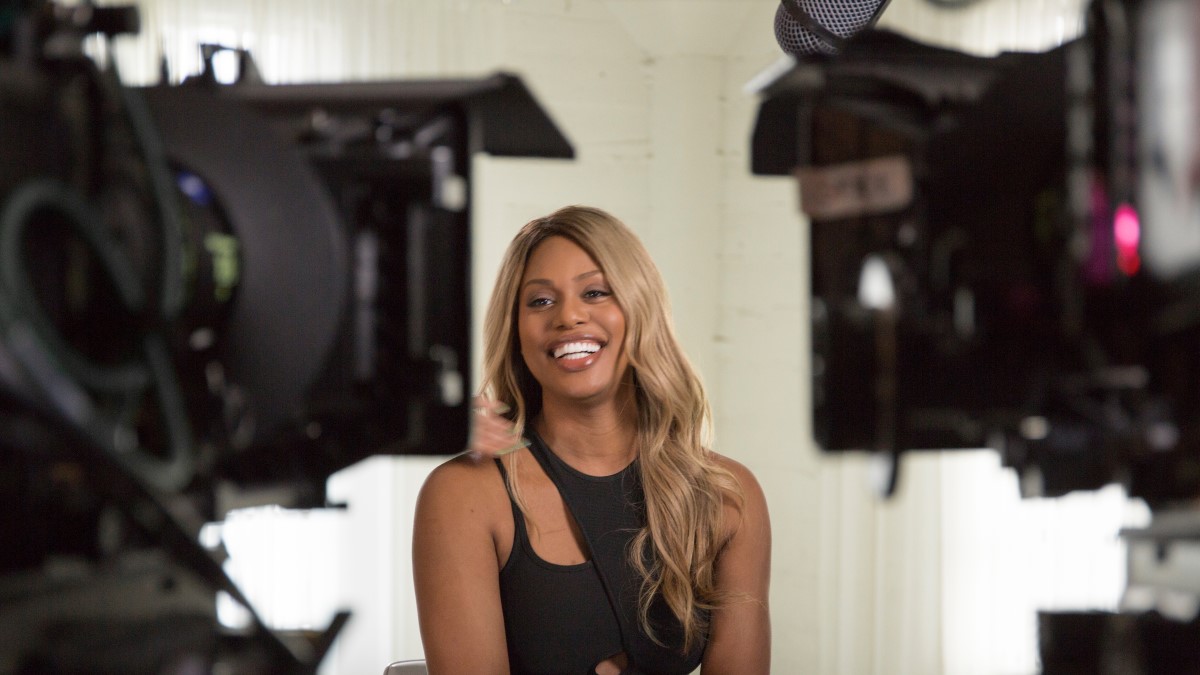
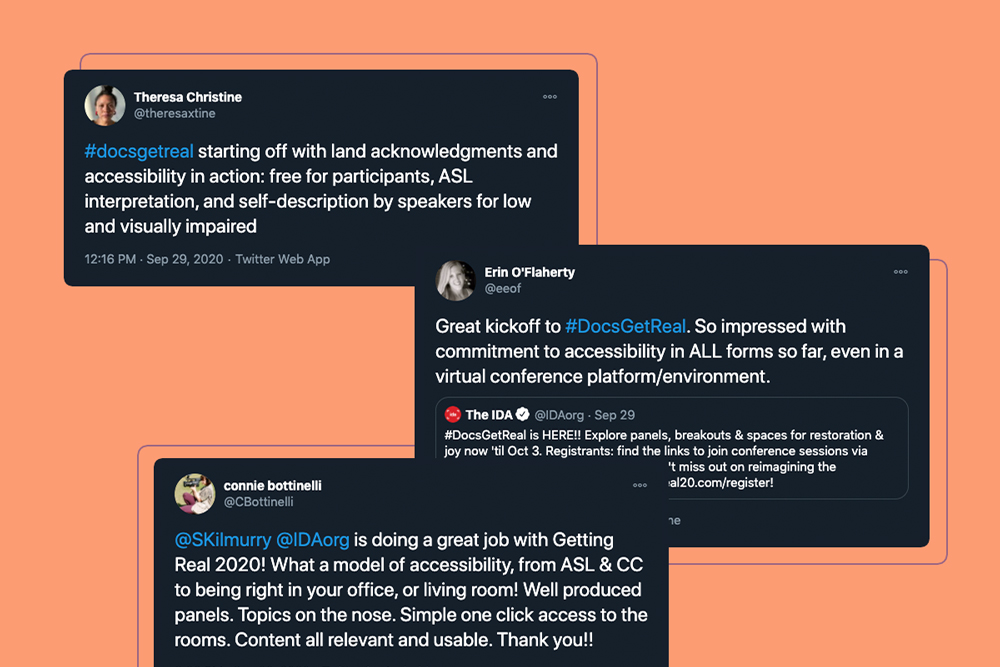
I attended my first conference in yoga pants and a t-shirt with snacks and a coffee mug on my desk, a cat and dog, and stretch breaks whenever I wanted.
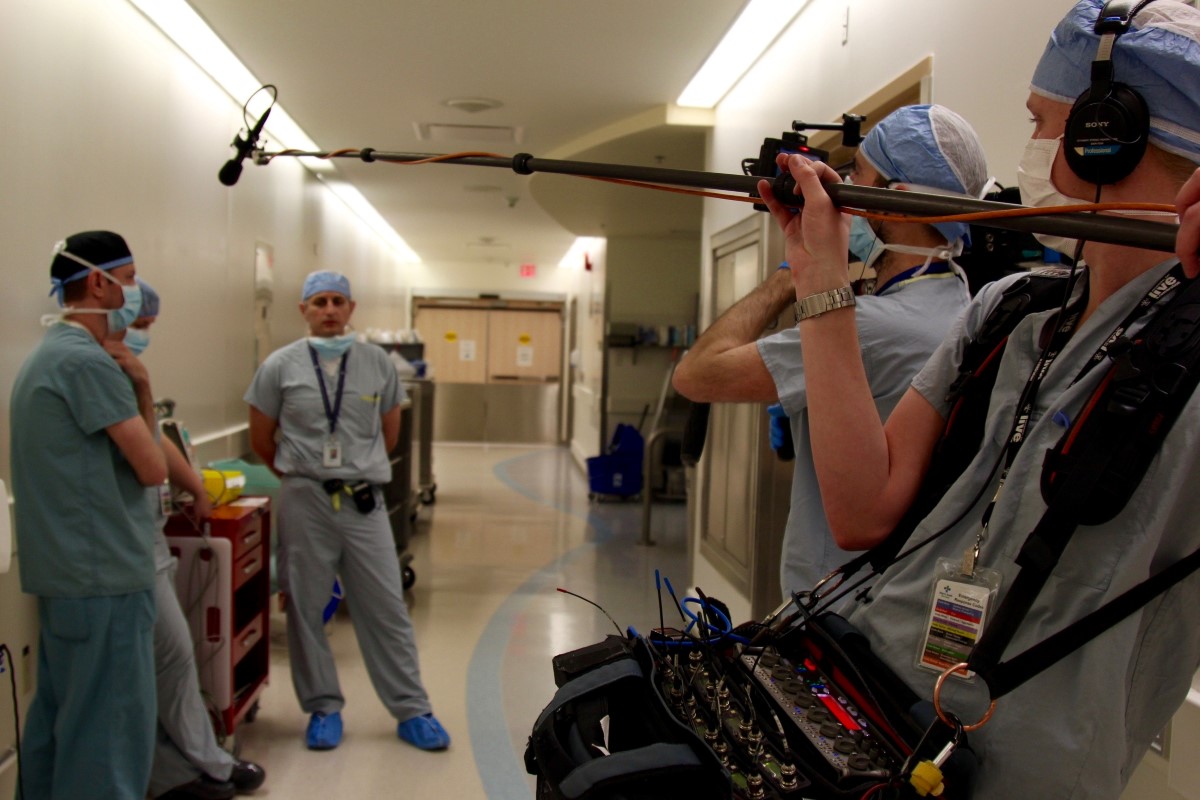
It’s been more than nine months since the deadly movement of COVID-19 from China to North America and Europe—and nearly every other continent—utterly changed the world. Since that time, more than a million people have died. Now, most of us wear masks when we go outside and use hand sanitizers before entering shops. When we meet friends, a six-foot social distancing rule is applied by most of us. The world has, for the time being, become something else, something that some documentarians want to shoot—or, in any case, must deal with in what is, at least temporarily, a “new normal.” While a

The issue of ethics has driven the documentary field in various ways and in various degrees of emphases and urgency since the beginnings of the art form, when Robert Flaherty’s 1922 documentary Nanook of the North would later be taken to task about its use of reenactments and recreations, and in more recent years, as a prototype for extractive storytelling. The 2009 study from the Center for Media and Social Impact, " Honest Truths: Documentary Filmmakers on Ethical Challenges in Their Work," spearheaded by then Center Director Pat Aufderheide and research fellows Peter Jaszi and Mridu Chandra

Although the documentary form can take shape in reenactment, animation or other mediums, storytelling through participant interviews continues to command the craft.
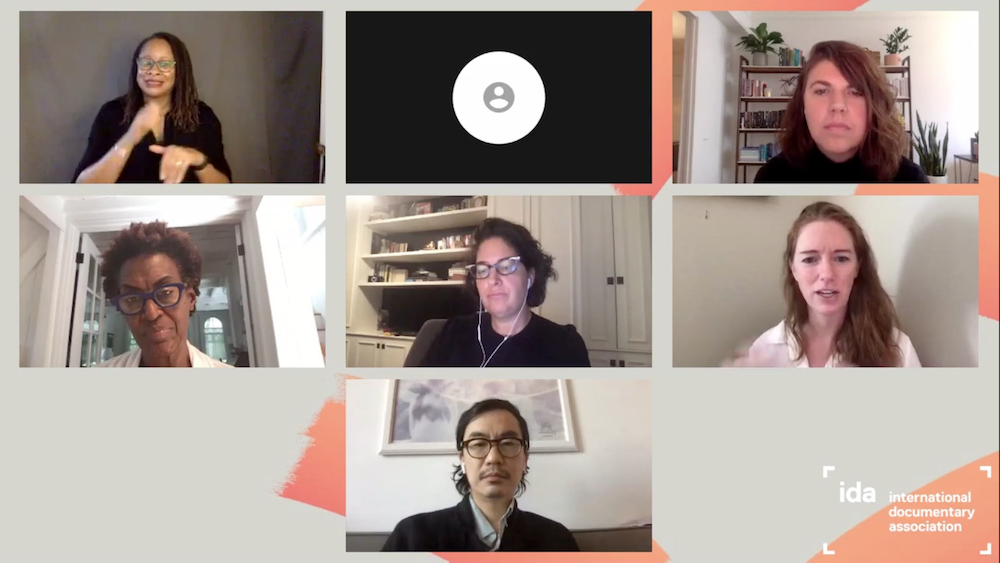
Getting Real ‘20’s Main Stage programming sought to address some timely issues within the documentary community, and sparked nuanced, thought-provoking discussions among the panelists and the hundreds of viewers tuning in in real time. The “Documentary Funding Ecosystem: Building Values-Based Financial Strategies” session was one especially valuable discussion, among a group of five producers, grantmakers and film professionals. They discussed the key priorities for our community if we are to move towards a more just, equitable and value-based financial ecosystem for filmmakers of all
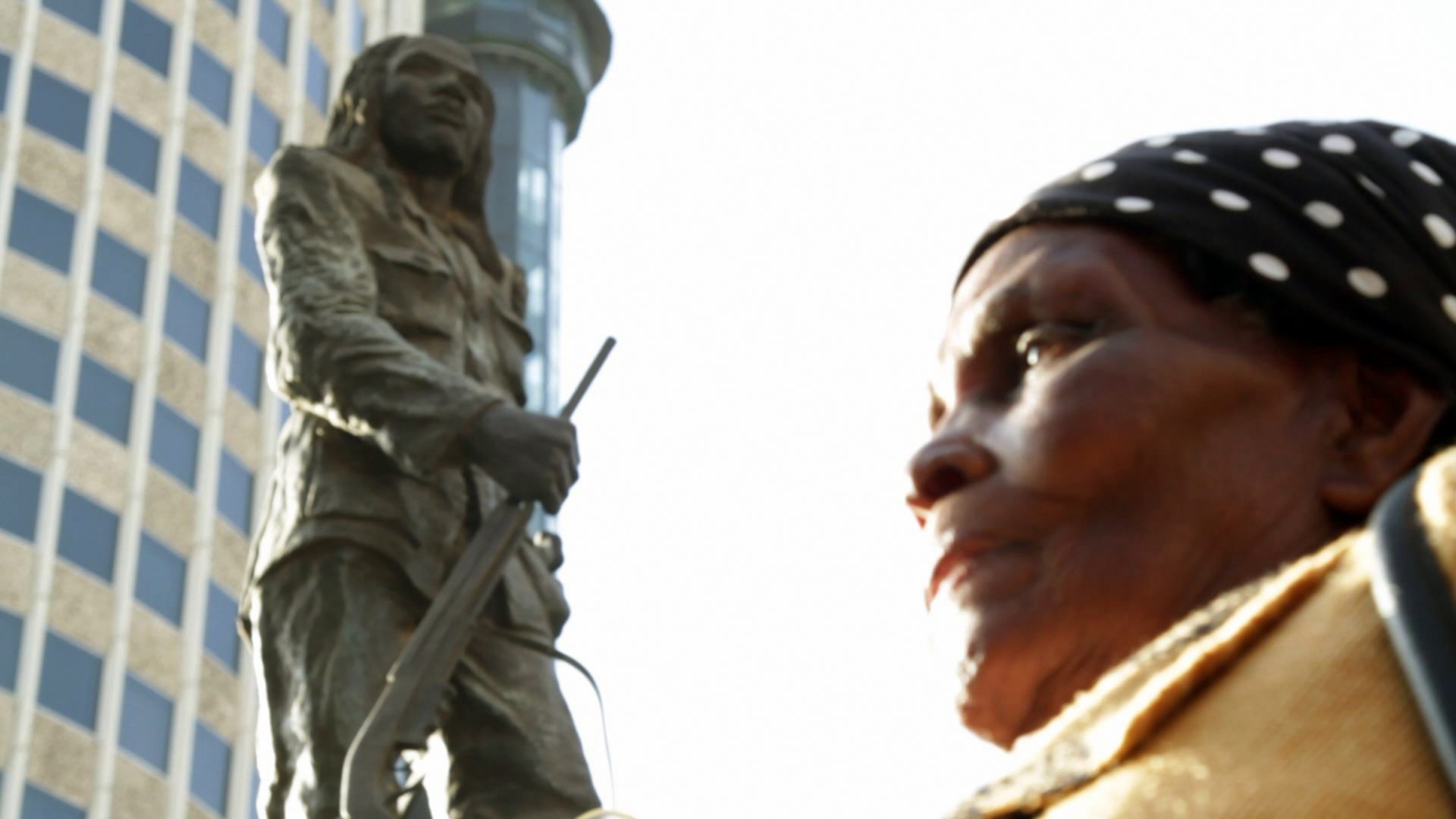
The digital edition of Getting Real ‘20 has underscored the driving themes—”Access. Power. Possibility.”—by serving up riveting conversations from around the world, enabling filmmakers from, say, the Global South to engage with their counterparts from the American South and map out strategies and paradigms for the future. Day Two featured a Breakout Session headed by Judy Kibinge, executive director of the Nairobi, Kenya-based DocuBox, the East African Documentary Film Fund. Joining her for a discussion of ‘“The Things We Lost—The Role of Documentary Film in the Restitution of Africa’s Erased
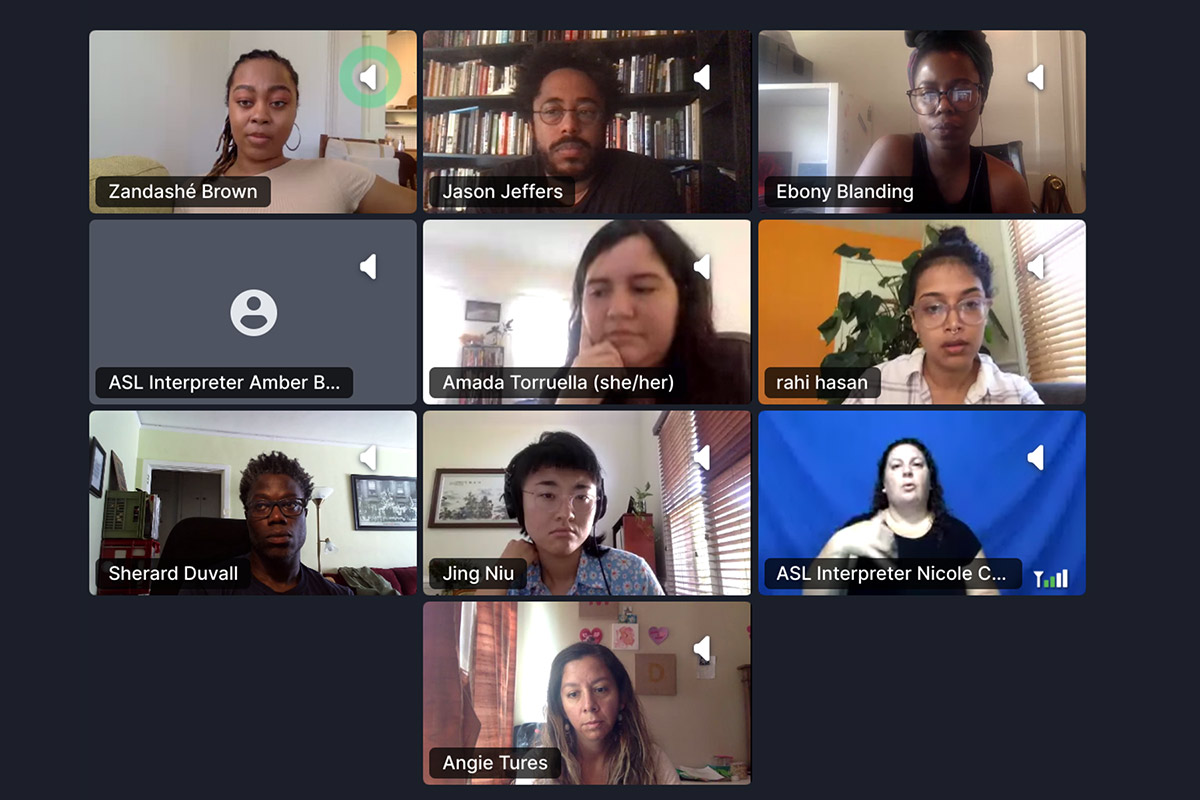
On Day 3 of Getting Real ‘20, we joined the breakout session “ Counteracting Extractive Storytelling In The American South And In Global Communities Of Color.” Members of the collective Indie Media Arts South (IMAS) discussed storytelling priorities in the Southern region including regionally specific programming, curating practices, and achieving authenticity and agency in filmmaking. Moderated by Amada Torruella, independent filmmaker and film curator, panelists included Ebony Blanding, writer, filmmaker and co-founder of the Atlanta-based film art house, House of June; Zandashé Brown

Continuing the theme of #DecolonizeDocs that was first initiated at Getting Real ‘18, the 2020 edition’s first focused session on the South Asian region made for a highly dynamic and valuable breakout. Accommodating those joining in from the “motherland” time zone (of which there were plenty, including myself), the session hit the ground running at 7 AM Pacific Time with Anam Abbas, co-founder of Documentary Association of Pakistan, moderating and skillfully navigating the two-hour conversation. The all-too-familiar limitations to the digital realm aside, the excitement for the session was
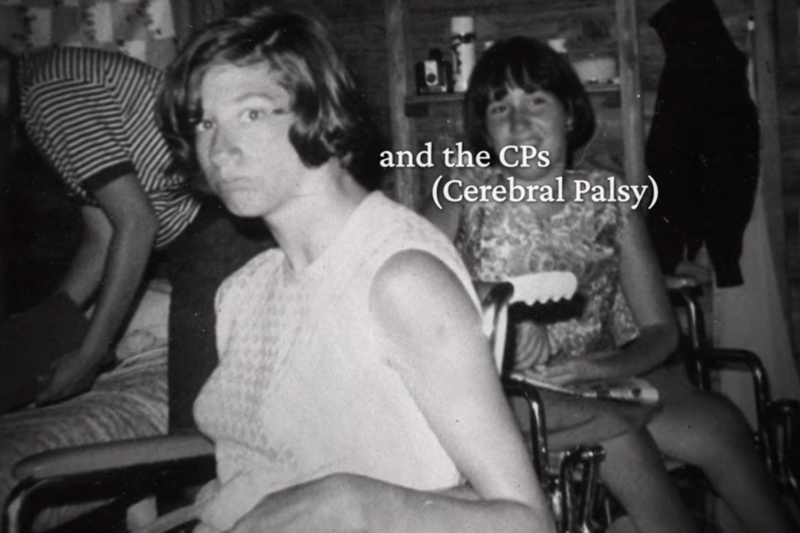
Getting Real ‘20, our biennial conference on documentary media, happened from September 9 through Oct 3. On the opening day, we joined “ Expanding Expression: Audio Descriptions and Captioning in Film.” The makers and artistic collaborators of Vision Portraits and Crip Camp discussed the creative process behind their use of accessibility features such as audio description (AD) and closed captioning (CC). Moderated by Brenda Coughlin (Director of Producing and Impact Strategy, Sundance Institute), panelists included Crip Camp co-directors Nicole Newnham and Jim LeBrecht; Vision Portraits
Pagination
- Previous page
- Page 3
- Next page
